Whether you’re looking to buy your dream home or invest in a suitable property to let out, Payne & Co. can help you. As with many things, it is often the approach you take that can dramatically affect the outcome, so please read on for our top tips.
1. Determine your Budget
The first stage in buying a property is establishing your budget. For most people the budget will mean a deposit and a mortgage. Take into consideration your income, any savings you wish to use and if appropriate, any cash you plan to use from the sale of your existing property (equity). If you’re going to require a mortgage, then carefully the size of loan you’re comfortable with, and that you can afford to pay this back. Arrange to meet an independent mortgage advisor for preliminary discussions. The budget should allow for the purchase price, legal fees, survey fees, stamp duty and removal costs. Lastly, keep some money to one side in case you need to carry out any immediate renovations on your planned purchase.
2. Search for your Home
Once you have an idea of your budget then the search can begin. Location is usually the primary consideration, but there may be other factors that are also important to you. Come and speak to one of the team at Payne & Co. and tell us all about your plans. We know the local areas inside out from living and working locally. It may also be helpful to write an ‘essentials list’, a ‘wish list’ and a ‘deal breaker list’ to keep you focussed on finding the right property and not getting sidetracked by something unsuitable. Staying in touch with you is the most important part, so ensure you let us know the best way of contacting you the moment we find your perfect property.
Not sure what you are looking for? Ask yourself what you need, what you would like and what would be a bonus. Consider where you want to live and what you need from that area, such as local amenities, transport links and schools. You may prefer new build properties with the convenience of no chains and low maintenance.
Register with estate agents local to the area you are interested in. Payne & Co. specialises in homes in Oxted and the surrounding areas, which includes towns and villages such as Westerham, Godstone, Caterham, Warlingham, Woldingham, Brasted, Sundridge, Biggin Hill, Tatsfield, Edenbridge, South Godstone, Blindley Heath and Tandridge. We also recommend that you set up property alerts with Rightmove and OnTheMarket.
3. View Some Properties
Once you find a suitable property, contact the estate agent handling the marketing to arrange a viewing. Don’t forget to ask the agent lots of questions about the property and what the plans of the vendor are. The agent may not have all the answers, but can certainly find out for you. Ask to have a look at the Energy Performance Certificate (EPC) which explains how energy efficient the property currently is and how this could be improved by making certain modifications. You may wish to revisit a property you are interested in for a second time, to have a more detailed look. Perhaps bring along a builder who can offer advice on future alterations and their likely cost.
At Payne & Co. we are really keen to hear what you thought about the property you have just viewed. Giving us feedback after your viewing helps us gain a stronger understanding of your wants and needs in order to find the ideal property for you.
4. Make an Offer
If you like the property you may decide to make an offer. You do this via the estate agent, who then discusses it with the vendor. The vendor may accept your offer straight away or there may be some negotiation.
A Payne & Co. we will always wish to represent your offer accurately and fairly to the vendor, so we will need to know all about your buying position and your ability to raise the offered sum. Often there can be more than one buyer interested in a property at the same time, which may lead to some competitive bidding or a request to submit a ‘Best & Final offer’.
5. Appoint a Solicitor / Conveyancer
Payne & Co. always advocates the use of a local high street solicitor or conveyancer who has experience of properties in the area of your planned purchase. In Oxted and the surrounding areas, with their wealth of historic properties, you may be surprised just how often certain quirks and oddities pertaining to a local area can cause delay if the solicitor does not have past experience and knowledge.
Furthermore, by using a local solicitor, arranging to meet up to discuss any issues and sign paperwork is made more convenient as is the hand delivery of important documents when you don’t want to rely on the postal service.
Soon after your offer is accepted, a draft contract will be supplied to your solicitor by the vendor’s solicitor.
6. Finalise your Mortgage Arrangements & Arrange a Survey
At this stage you should be revisiting your independent mortgage advisor to finalise your mortgage provisions. Your bank or building society will normally insist on a Mortgage Valuation survey to establish that the property is adequate security for the loan. A Mortgage Valuation is a succinct document that provides limited written information about the condition of the property. As such, buyers will often choose to commission a more detailed survey, looking specifically at the property’s condition. A Homebuyer Report or Building Survey are generally the two types of survey available.
A Homebuyer Report is ideal for more conventional residential property built within the past 100 years and includes a detailed visual inspection of all aspects of the property that are available for inspection.
A Building Survey (previously called a full structural survey) is suited to older properties, or properties which may have different forms of construction or undergone major changes. A detailed inspection of all visible areas of the property is undertaken.
7. Exchanging Contracts and Completion Day
Once all the enquiries raised by your solicitor have been satisfactory answered, the searches returned and any issues resolved, a completion date (a date when the sale will be completed and full ownership will pass to the buyer) will be agreed between you and the vendor, and all the other buyers and sellers in the chain.
Contracts are then exchanged and you will be required to place a deposit on the property. This is generally 10% of the agreed price and is non-refundable if you withdraw from the contract.
On the date completion takes place the balance of the price is transferred between solicitors, you collect the keys and take possession of the property.
Your solicitor organises payment to HMRC if Stamp Duty is applicable.
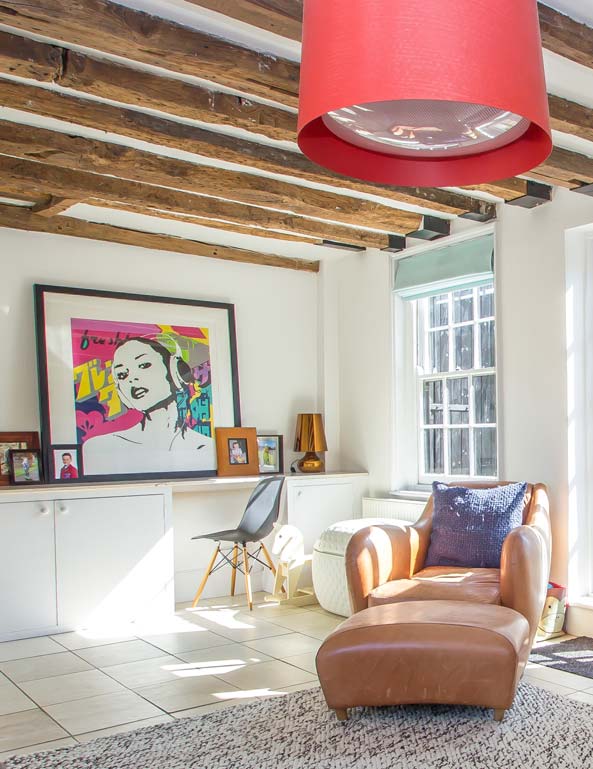
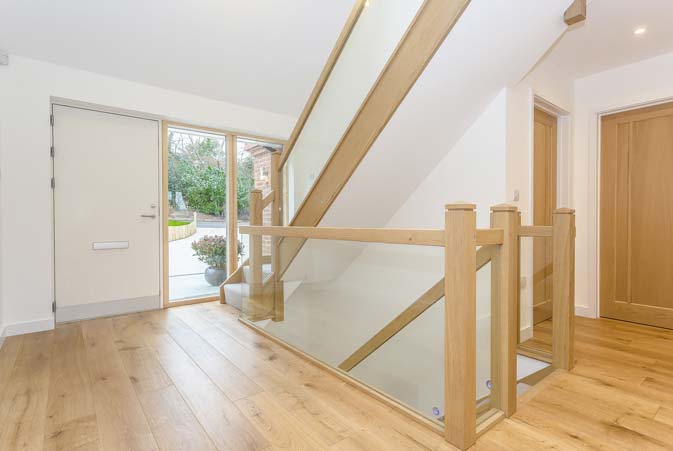
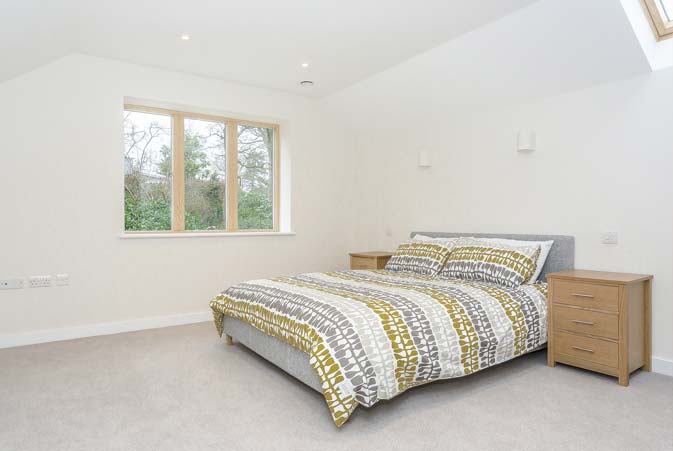
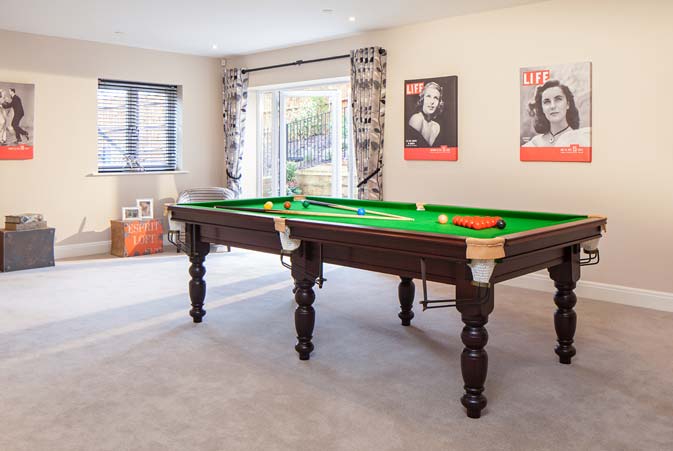
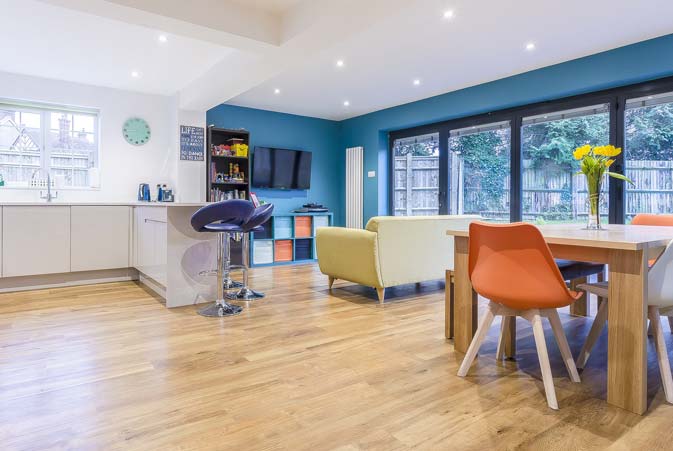









11 Station Road West
Oxted
Surrey
RH8 9EG
Tel: 01883 712261
Email: admin@payneandco.com
COOKIE POLICY | TERMS & CONDITIONS | PRIVACY STATEMENT
Registered Office: 141-143 Station Road East, Oxted. RH8 0QE